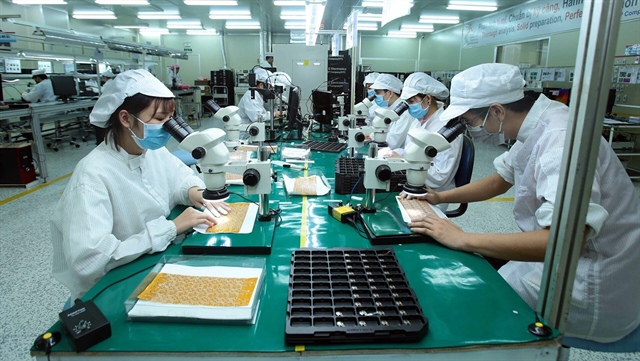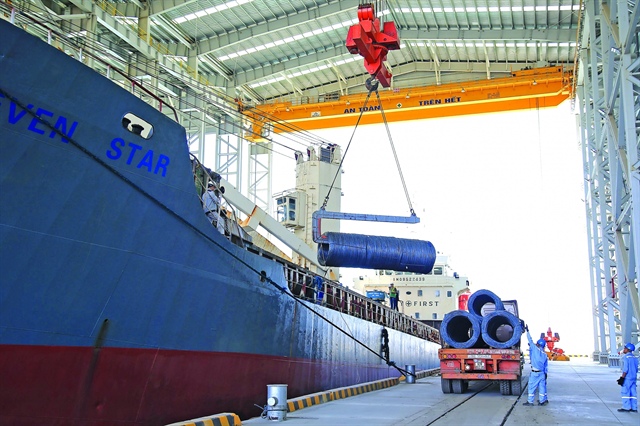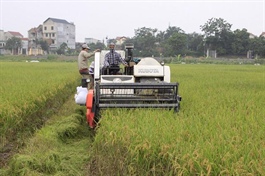Firms cautioned about potential trade measures
Firms cautioned about potential trade measures
Vietnamese firms are being urged to deal with trade defense measures being used by eight of the 11 signatories to the Comprehensive and Progressive Agreement for Trans-Pacific Partnership (CPTPP) to protect domestic production (all except Singapore and Brunei).
Potential market
Since it took effect for Vietnam in January 2019, the CPTPP has had positive impacts on Vietnam’s exports to other member states. According to the Vietnamese trade office in Singapore, in the first six months of 2022, bilateral trade reached more than S$15.7 billion, a year-on-year increase of 21.77 percent, and this sum included nearly S$4 billion worth of Vietnam’s exports to Singapore, up 37.48 percent, and about S$11.8 billion worth of imports, up 17.27 percent.
|
In June 2022, Vietnam’s export value to Singapore grew 43 percent, with 14 out of 21 export sectors recording positive growth. Topping the list were iron and steel (up 3,974.3 percent or nearly 40 times); pearl, gemstone and jewelry products (up 3,684.36 percent or nearly 37 times); salt, brimstone, gravelly soil, gypsum and lime (up 186.34 percent). The top two export value groups also achieved high growth. Specifically, the export value of machinery, mobile phones, components and spare parts reached SGD248.2 million, up 64.05 percent; the export value of reactors, steam boilers, machine tools and spare parts reached SGD78.7 million, up 14.32 percent.
The Ministry of Industry and Trade has warned domestic companies of the risk of increased trade defense investigations when exporting to other CPTPP member countries. Vietnam exports eight categories of products to these markets, of which textiles, garments, machinery, equipment and spare parts account for a major part. Businesses operating in these sectors are being told to prepare suitable responses.

Electronic products and components account for a high percentage of exports to Singapore |
Maintaining sustainable exports
According to the Trade Remedies Authority of Vietnam, Singapore had no law on trade remedies when it joined the World Trade Organization (WTO) in 1995. In 1996, Singapore issued its anti-dumping and anti-subsidy law based on the WTO’s regulations in this field. Under the law, total time required for basic steps of investigation of an anti-dumping/anti-subsidy case is 12-18 months. However, Singapore does not tend to use trade remedies to protect domestic production. The Vietnamese trade office in Singapore has been urging Vietnamese companies to ensure stable product quality given Singapore’s discerning, fiercely competitive market with strict requirements in terms of product quality and packaging.
| Due to supply chain disruptions, Singapore is facing shortages of certain types of consumer goods and production materials, presenting opportunities for Vietnamese companies to access that market. However, they must ensure stable product quality to maintain sustainable exports. |


























